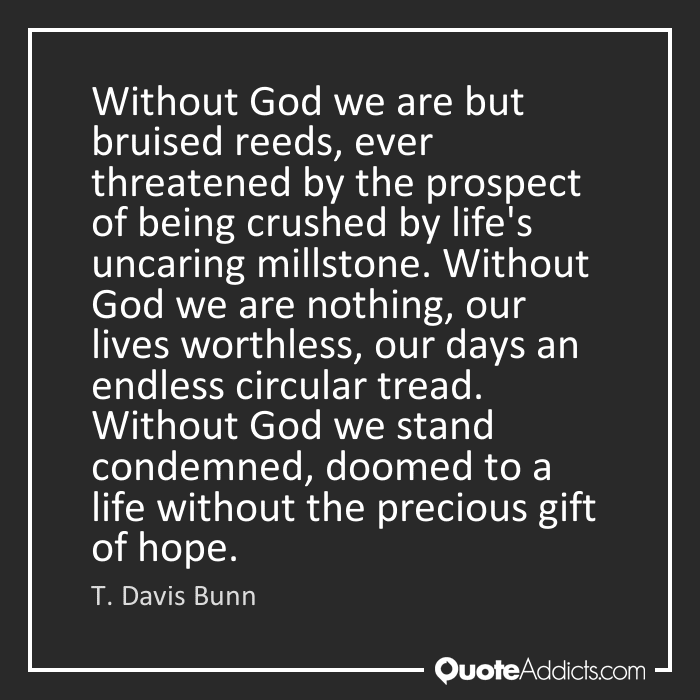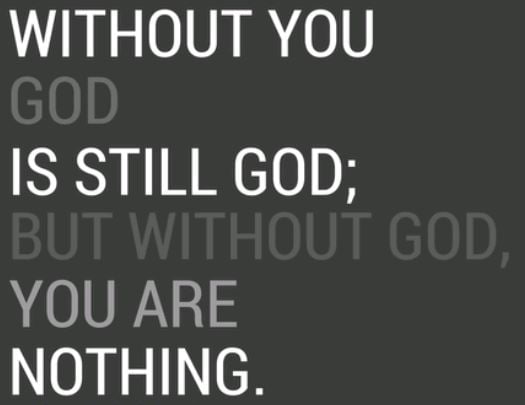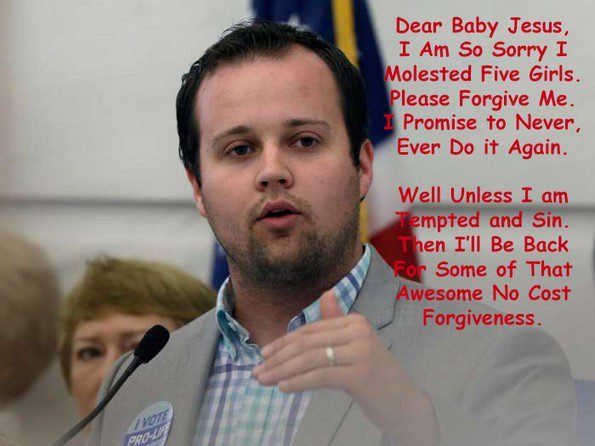
Many of the beliefs Evangelicals hold dear are of little or no consequence. Believing them or not has little effect on Evangelicals. Two beliefs, however, fundamentally affect how believers view themselves. The doctrines of original sin and human depravity are key tenets that provide the foundation for other doctrines such as atonement and redemption (salvation). If humans, thanks to the sin of Adam and Eve in the Garden of Eden, are not, by nature, sinners, then there is no need for Jesus to die on the cross, nor is there a need for humans to be saved. Is it any wonder, then, that Evangelical preachers emphasize the doctrines of original sin and human depravity? For those of us raised in the Independent Fundamentalist Baptist (IFB) church movement, hearing preaching on sin was quite common. Sunday after Sunday, preachers spit, scream, and pound the pulpit as they decry humanity’s sinfulness. Often, these sermons focus on specific sins, particularly sexual sins. The goal of such preaching is to make congregants feel guilty over their sins. Once congregants are thoroughly stripped naked before God, then they are ready to seek forgiveness of sin from and through the Lord Jesus Christ.
Preaching against sin, calling out sins by name, becomes a weapon in the hands of preachers, used to attack human self-worth and self-esteem. The goal is to reduce congregants to worms and specks of dust — insignificant in God’s sight. Imagine hearing such preaching week after week, year after year. Is it any wonder that many Evangelicals think that they are little more than pieces of shit in the eyes of their God? Any good they do is not because of them, but because of Jesus. Congregants are reminded that the Bible says that it is impossible to do ANYTHING without God. He gives people the very breath in their lungs. He gives their legs the power to move. Everything humans do is because of and through the power of the Christian deity.
Imagine every good thing ever done by you being credited to another person. I suspect most of us would not be happy about other people getting credit for our good works. We did the work, so we should receive the credit. But for Evangelicals, they do all the work and God gets all the credit. Why? Because they are worthless, hopeless, helpless sinners whom Jesus, through his blood and mighty power, saved from their sins. After being graciously saved by God, Evangelicals are expected, out of a heart of gratitude, to spend the rest of their lives giving God credit for everything they do. And I mean EVERYTHING!
It is hard not to see the Christian God as the religious equivalent of Donald Trump. Trump craves the praises of others. In 2017, several UCLA basketball players were arrested in China for shoplifting there. President Trump was supposedly instrumental in securing their release. After the players arrived home, Trump tweeted out:

It is the duty of the U.S. government and its president to assist citizens in trouble in other countries — no praise or thanks needed. Trump, however, has a pathological need for people to grovel before his greatness, thanking him for what he did on their behalf. At least with Trump, we can see that perhaps the president played a part in the release of the UCLA prayers. With the Christian God, however, there is no evidence that he has done anything for anyone, yet his earthly spokesmen, using verses from an ancient book purportedly written by God, demand that all of humanity bow before this God’s greatness and give him praise, honor, and glory. This is especially true for Christians, those who have been delivered from their depravity by the finished work of Jesus on the cross. God relenting to their pleas for forgiveness and salvation comes with one non-negotiable demand — you will humble yourself before him all the days of your life, praising him for every good thing you do and every good thing that comes your way. Not only do Evangelicals get to grovel at the feet of Jesus and praise him in THIS life, but they will also continue their masturbatory praise in the life to come. Does this sound like something you would like to do for life without end? Of course not. But when you have been repeatedly told you are a worm, a speck of dust in the eyes of God, deserving of eternal punishment in the Lake of Fire, an eternity of massaging the Big Kahuna’s ego sounds like a great idea.

Of course, there is God, no Heaven, and no Hell. Knowing this is what makes Evangelical preaching against sinners and their sins so cruel. Many of the behaviors deemed sins because an ancient religious text says so, are normal, healthy human practices. And those that aren’t can be addressed in ways that don’t require assaulting the psychological well-being of offenders.
People who spent much of their lives in Evangelicalism before deconverting know all about the psychological damage caused by repeatedly being told you are worthless without Jesus, and the only reason you do good in your life is because of what God does in and through you. Over time, believers develop long lists of prohibited behaviors (sins). Sinning — even the slightest of sins — requires believers to prostrate themselves before God, telling him they are sorry, and begging for forgiveness. Since, according to Evangelical preachers, Christians sin daily in thought, word, and deed, believers are expected to spend significant time daily getting “right” with God (at least Catholics let their sins accumulate before going to confession and getting absolution). Imagine the emotional toll a lifetime of this extracts from sincere, devoted people who just want to make a demanding God happy.
Many ex-Christians require professional counseling to undo the damage done by such thinking. Some of us, myself included, were so deeply scarred by constantly feeling guilty over behaviors deemed sinful and never seeming to be able to find victory over sin, that it is likely we will live out the rest of our lives trying to find peace, happiness, and contentment. Life after Jesus requires thorough deconstruction. Only then can a new life rise from the ashes of our Evangelical pasts. I’ve had to learn anew what good and bad behaviors are. I also have had to learn to stop judging people over perceived violations of my personal code of conduct. Over the past fifteen years, what I call my “sin list” continues to shrink. What once required sixty-six books and 783,137 words to divine, now fits on a 3×5 card. As my dear friend Ami is fond of saying, the one rule we all should live by is this: don’t be an asshole.
Bruce Gerencser, 68, lives in rural Northwest Ohio with his wife of 47 years. He and his wife have six grown children and sixteen grandchildren. Bruce pastored Evangelical churches for twenty-five years in Ohio, Texas, and Michigan. Bruce left the ministry in 2005, and in 2008 he left Christianity. Bruce is now a humanist and an atheist.
Your comments are welcome and appreciated. All first-time comments are moderated. Please read the commenting rules before commenting.
You can email Bruce via the Contact Form.


